
If you're avoiding gluten due to food allergies or celiac disease, you may be wondering what organic gluten-free options are available for your diet.
While it's true that gluten is an ingredient to avoid, there are plenty of delicious and nutritious gluten-free foods out there. In fact, some of them are even more nutritional than wheat.
What are some organic gluten-free food options?
For those who have food allergies or celiac disease, it can be difficult to find foods that are safe. However, a lot of companies are now making gluten-free options, and you can find many of them at your local grocery store or online.
If you aren’t sure whether a product is truly gluten-free, look for the ingredient list and avoid those items that contain wheat, barley, rye or triticale. These are the ingredients you want to avoid, as they can cause an immune response when eaten by someone with celiac disease or gluten sensitivity.
How can choosing organic gluten-free options benefit my health?
The biggest benefit of choosing organic is that it is a healthy way to consume your favorite foods. While it may be more expensive than conventional options, you won’t have to worry about chemical and pesticide residues clogging up your digestive system or tainting your tummy with yucky stuff like gluten. Likewise, you won’t have to compromise on flavor or quality. Choosing the right organic foods can have you feeling and looking your best in no time.
If you have a celiac disease, or are simply trying to lead a healthier lifestyle, there is a wide range of products that can fit into your budget and taste buds. A little research goes a long way in finding the most nutritious and tasty food options for your family.
Celiac Disease
Celiac disease is an autoimmune disorder that can affect children and adults. It occurs when your immune system mistakenly reacts to gluten, a protein found in wheat, rye and barley.
People with celiac disease can’t eat foods containing gluten. Instead, they must eat a special diet to avoid triggering symptoms.
Your doctor will test you for celiac disease by doing blood tests that look for a certain type of immune system antibody. Then they will take a small tissue sample (biopsy) from your small intestine.
Symptoms of celiac disease include diarrhea, abdominal pain, weight loss and other digestive problems. It may also cause extra-intestinal symptoms, such as dermatitis herpetiformis (an itchy skin rash), joint pain and chronic fatigue.
Gluten Intolerance
Gluten, a protein found in wheat, barley and rye, can cause digestive problems for some people. This is called gluten intolerance or non-celiac gluten sensitivity (NCGS).
It can be difficult to know whether you have celiac disease or gluten intolerance, so your healthcare provider may do blood and/or skin tests first. Then, they might give you a "gluten challenge" for six weeks to see how your body reacts.
Symptoms of gluten intolerance can include tiredness, bloating, and abdominal pain. You can also get diarrhea or constipation. Occasionally, these symptoms can be due to an underlying condition such as Irritable Bowel Syndrome (IBS).
Organic Gluten Free Survival Food
Organic gluten-free options are a great way to ensure that you will be able to survive in the event of an emergency situation where access to safe food is not readily available. You can even use these options for everyday cooking in order to keep your family healthy and happy.
Some of the best foods to stock up on if you are gluten-free include hard grains like buckwheat, kamut, millet, dry corn and wheat. Soft grains like barley, oat groats and quinoa can also be good additions to your emergency survival pantry.
Frequently Asked Questions
Is organic produce healthy?
There are two types of foods; those we grow ourselves and those we buy from someone else. There are exceptions, but the majority of the time, both options will be available. Organic food is safer because it does not contain any harmful chemicals.
In supermarkets all over North America, Europe Asia, Latin America, Latin America, and Africa, you can find organic food. Many grocery stores now sell organic food. This makes it easier for customers to select organic products.
Organic food is better tasting and healthier because it contains more vitamins and minerals. In addition, organics are usually grown without applying synthetic fertilizers and pesticides, which means they do not pollute our soil and water supply.
The USDA regulates organic farming practices. They require farmers to follow strict guidelines so that organic produce can be eaten safely. There are more than 30 million acres of US farmland that have been certified organic.
Organic food is often cheaper than traditional food. For the same amount, consumers pay less. Organic farms can charge less for their crop because they aren’t required to buy expensive chemical inputs.
According to Environmental Working Group, organic food can be 10 percent cheaper per pound when compared to conventionally produced food. Switching to organic food is a smart move if you care about your health and that of your family.
Organic food has become an increasingly popular alternative to American standard diets. It is often believed that organic food is exclusive to specialty markets and gourmet restaurants. Organic food can be purchased in most grocery stores across the United States.
In recent years, organic food sales have been on the rise. In 2012, the US market value for organic food was $43 Billion. This is an increase of $21 Billion from 2007.
How can I tell if my produce has been certified organic?
These three labels can help you make sure you're buying organic produce.
USDA Organic Certified – This certification is issued by USDA to ensure that the product is 100% organic.
Certified Naturally Grown - Produce that has passed strict requirements for organic practices but has not yet received certification from the USDA.
Pastured/Free range - These are animals that live outside and graze freely on grasses and herbs.
These labels are used to indicate that the product meets specified criteria.
- No pesticides nor synthetic fertilizers
- No genetically modified organisms
- No antibiotics are ever given to the animal
- No hormones are ever given to the animal
- No growth-promoting drugs
- No feed additives
- No artificial ingredients
- No irradiation
- There's no sewage waste sludge
- GMOs prohibited
- Antibiotics have never been administered
- No hormones ever given
- There are no growth-promoting drugs
- No feed-additives
- No artificial ingredients
- No sewage effluent (if it isn't a GMO).
- No irradiation
I hope you found the article useful.
What does it mean to be an organic food producer?
Organic food producers use organic methods to grow their products. These foods include fruits as well vegetables, grains and dairy products.
Organic food production is only possible on farms where the crops are grown naturally. This includes soil preparation, pest control, and crop rotation.
Organic products must meet certain criteria established by USDA (United States Department of Agriculture) before they can be considered organic.
These guidelines make it possible for consumers to have safe, healthy, and delicious food.
Organic food has many benefits, including lower pesticide residues and higher levels of heavy metal contamination as well as better nutrition and flavor.
USDA Organic Products must have the "USDA Certified organic" label.
This certification indicates that the product meets the requirements of the National Organic Program.
As well as ensuring that we eat healthier, organic food also helps protect our environment.
Organic farming methods help conserve natural resources like water and land. Organic farming also helps to reduce greenhouse gases emissions, which are responsible for climate change.
Organic agriculture uses fewer chemical inputs and pollutes less.
It improves air quality as harmful gases such nitrates or ammonia are less likely to accumulate in the atmosphere.
There are many types of organic farming, including conventional, regenerative, agroecological, and permaculture.
Conventional agriculture refers to the use synthetic inputs, such as pesticides/fertilizers.
Regenerative agriculture uses cover crops and green manures to improve soil quality. It also encourages biodiversity.
Agroecology focuses on sustainable relationships between people, plants, and animals.
Permaculture promotes self-sufficiency through the design of systems that mimic nature.
Why is organic foods important?
It is essential for our health to eat organic produce. It's the best way to ensure we eat nutritious foods. It is healthier for us than any pesticides or fertilizers and it is also more eco-friendly.
Organic farming relies on natural methods to cultivate crops, without the use of harmful chemicals. This reduces the risk of environmental pollution, which makes it safer for people and animals. So when you choose organic food, you're helping to protect yourself and the planet.
The health benefits of organic foods go well beyond our bodies. We all know how bad processed food can make us feel. Did you know that organic fruits and veggies aren't subject to chemical spray? It means that organic fruits, vegetables and other foods are fresher tasting, more vibrant and last longer.
It's because organic is healthy for you and the planet. It's healthy for you and the planet.
Why should you buy organic?
The health risks of conventional agriculture include asthma, allergies and diabetes. It is important to make informed choices about food purchases.
The Environmental Working Group (EWG) offers the following tips on how to pick "cleaner" food:
Always buy organic fruits & vegetables.
USDA organic labels are required for meat, poultry, eggs and milk.
Avoid processed foods labeled as "natural" or "no additives."
Always read the ingredient lists. It is possible to add an ingredient during processing if it isn't already listed.
It is better to eat fresh meats than canned or frozen. Frozen and canned foods often contain less nutrient-rich ingredients like high fructose corn syrup.
Statistics
- According to a study performed by consumerreports.org, organic products, compared to non-organic products, ranged anywhere from 13 percent cheaper to 303 percent more expensive. (en.wikipedia.org)
- Once certified by the USDA, it can fall into one of four categories: "100 percent organic", "organic," "made with organic ingredients," or "made with less than 70 percent organic ingredients. (en.wikipedia.org)
- As for organic meat, regulations require that animals be raised in living conditions that accommodate their natural behaviours (like the ability to graze on pasture), fed 100% organic feed and forage, and not administered antibiotics or hormones. (usda.gov)
- Nutrients like omega-3 fatty acids were up to 50 percent higher in organic meats and milk than in conventionally raised products.[3] (en.wikipedia.org)
External Links
usda.gov
ams.usda.gov
sciencedirect.com
- Organic food and impact on human health: Assessing the status quo and prospects of research - ScienceDirect
- Technical note: Simultaneous Vitamin and Carotenoid Analysis of Milk from Total Mixed Ratio-Fed Cows - ScienceDirect
ecfr.gov
How To
How to get Organic Meat on a budget
Here are some tips and tricks that will help you save money on organic meat.
I'll give you some tips about where to find organic meats at a low price and how much it costs per pound. This will teach you how to get the most out of your purchase.
For healthy eating, you don’t have to spend a lot. Sometimes you need to be creative in order to save money and still eat healthy. Here are my suggestions for ways to cut food costs while still enjoying the benefits of organic meat.
- Wholesale clubs - Sams Club, Costco, and Sams Club offer great deals on bulk foods like chicken breasts. If you are fortunate enough to live near one, you may be able get discounts up to 50 lbs on large quantities. This ensures that meat is not wasted. If you buy it in bulk you can freeze it so it lasts more.
- Online shopping is a great way to find meat at a discounted price. Amazon offers Prime Pantry weekly deals, including free shipping for orders above $35 You can get discounts on ground beef, beef roasts, lamb steaks and pork loins. You can easily browse their website to see what is available at different times.
- Find a local farmer - Local farmers usually charge less than big box retailers because they do not pay considerable fees to stock their shelves. They know exactly what the animals ate and drank to ensure they are fully informed about what is in their bodies.
- Look for lean cuts of meat. Fatty meats are generally more expensive to cook. Therefore, choose the leanest cuts. These include sirloin, tenderloin, top round, flank, and top-round steaks. These cuts are very low-fat and high in proteins.
- You don't have to be afraid to try new recipes. One of the easiest ways to reduce your grocery bill is to start cooking meals with ingredients you haven't used before. You might be amazed at the delicious recipes you can create with fresh tomatoes and onions, garlic, olive oils, and spices.
- Be creative with leftovers - If you have leftover cooked meat or poultry, use them for sandwiches, salads, soups, casseroles, etc. Remaining meat can be used for quick lunches or dinners.
Here you have it! Here are some tips on how you can afford organic meat despite being on a strict budget. What other tips do you have? Any other suggestions?
Resources:
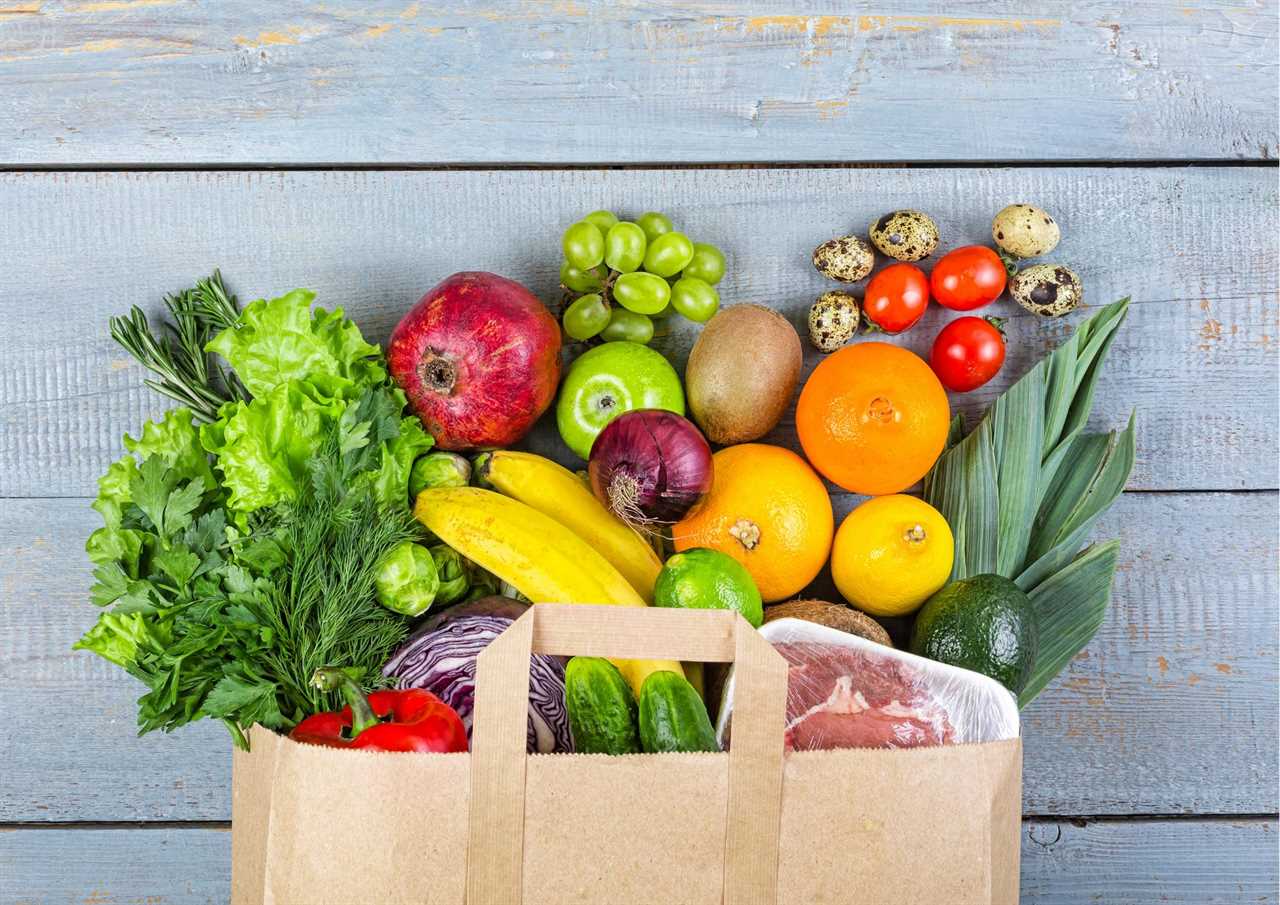 |
Health benefits of eating organic?A review in The Annals of Internal Medicine failed to find strong evidence that organic foods are significantly more nutritious than conventional foods. Lisa |
 |
The Benefits of Crop RotationCrop rotation is a way to grow multiple types of crops in the same space. This is done in an effort to diversify the ecosystem, reduce pest and weed.. |
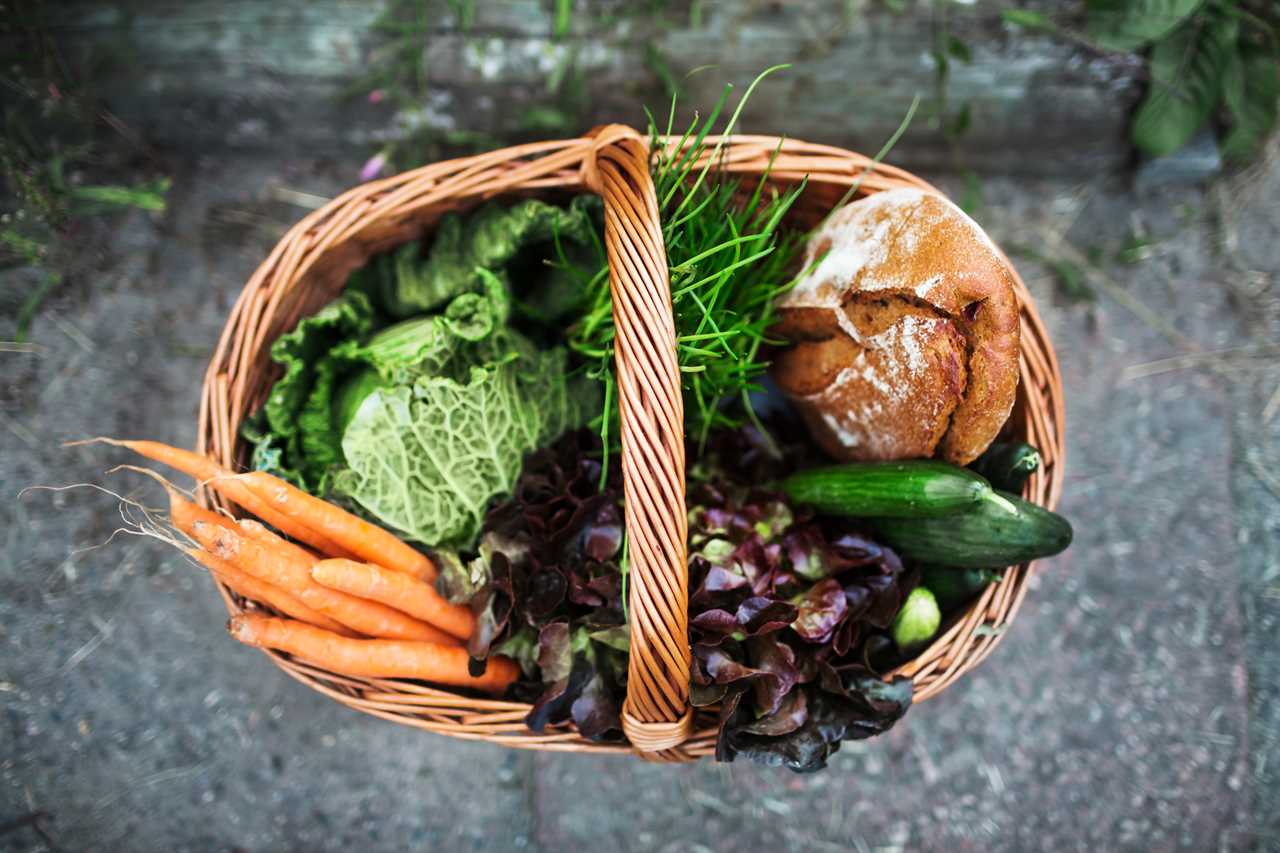 |
Do I Need To Eat 100 % Organic Food? – Dr. BergFor more info on health-related topics, go here: https://bit.ly/2YI8NLc Take Dr. Berg's Free Keto Mini-Course: http://pxlme.me/-i717vtY […] |
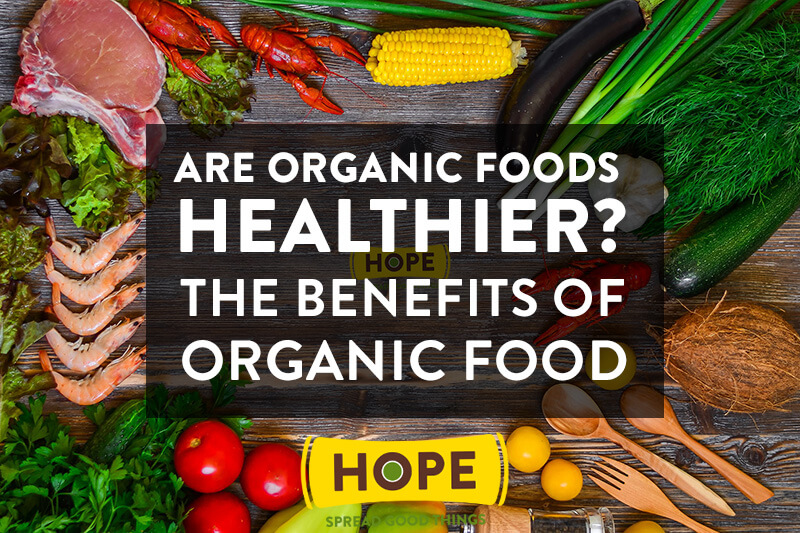 |
The Importance of Soil Conservation in Meeting the Sustainable Development GoalsSoil conservation is important for maintaining the soil's health and resilience. The microbial and faunal communities in the soil are impacted by.. |
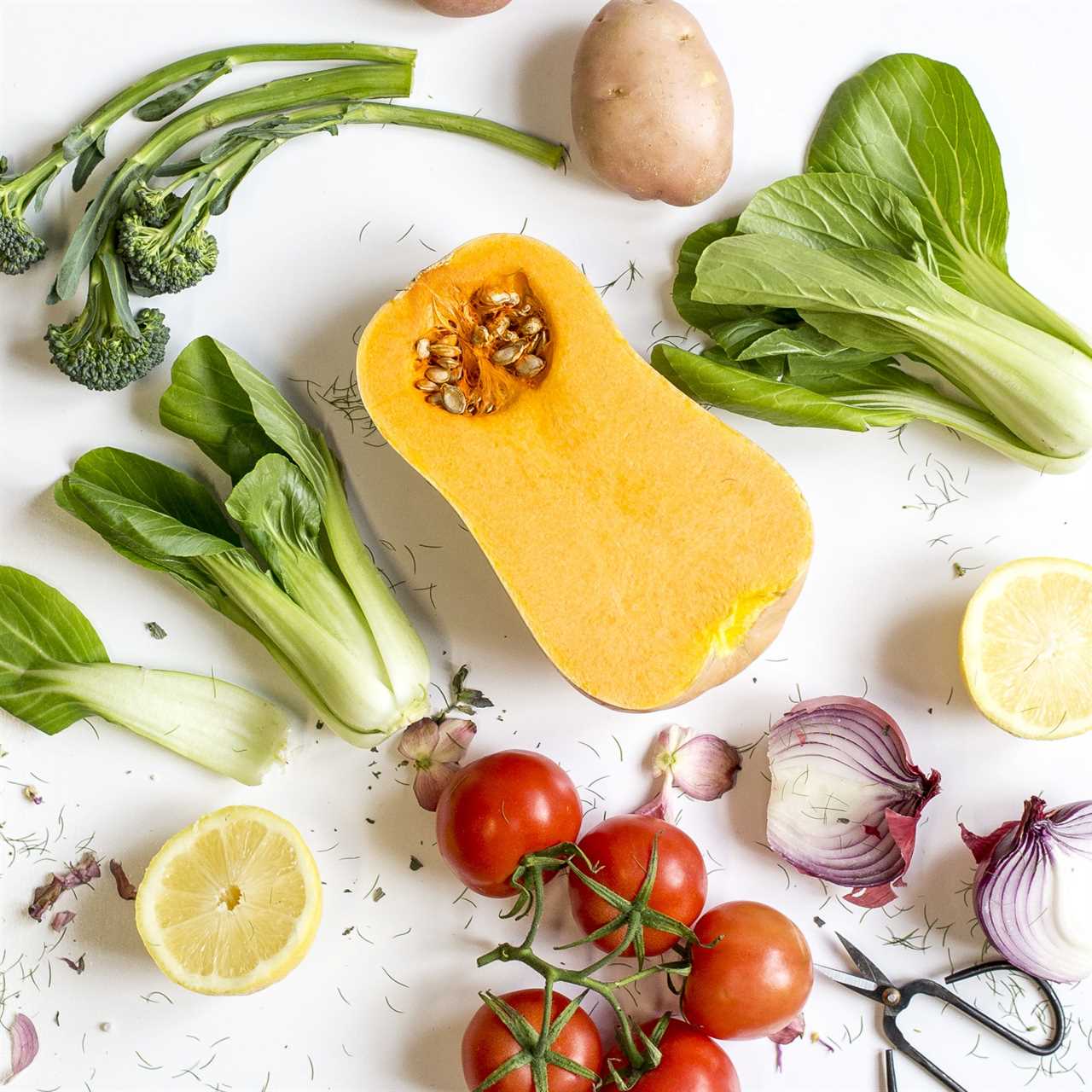 |
Benefits of Organic FarmingOrganic farming is one of the best ways to help protect the environment. It can also provide a number of benefits for your farm, including increased.. |
 |
Is `organic` food actually healthier for you?Dr. Marc talks about organic food. |
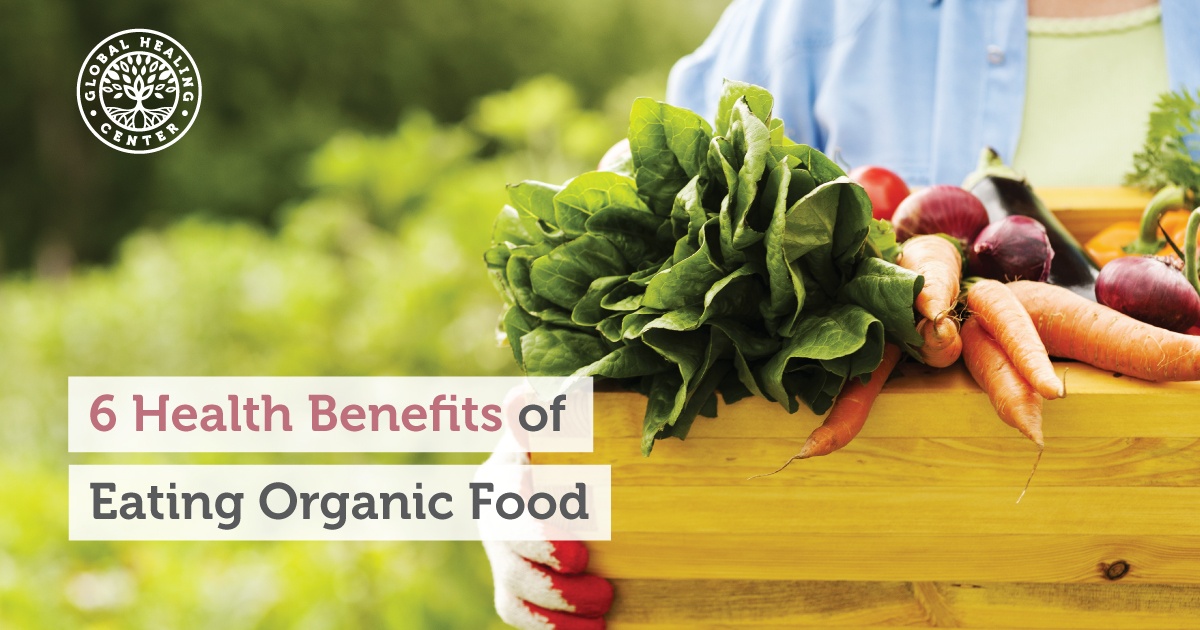 |
Organic Farming MagazineOrganic farming magazine is a resource that provides you with the latest information on organic agriculture, health, and sustainability. It also.. |
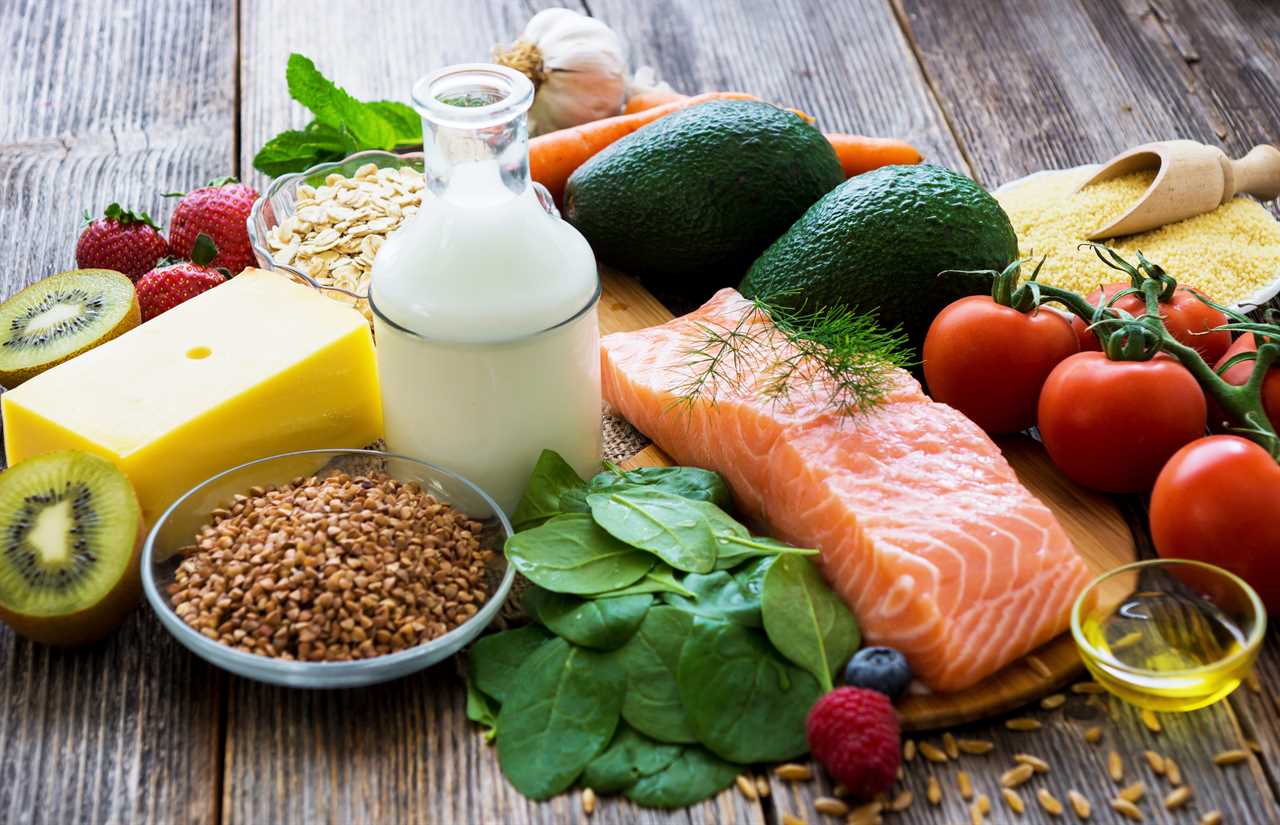 |
Is Organic Food Really Worth It?The organic food industry is a booming business. U.S. organic sales surged in 2020, jumping by 12.4% to $61.9 billion. With consumers being more health |
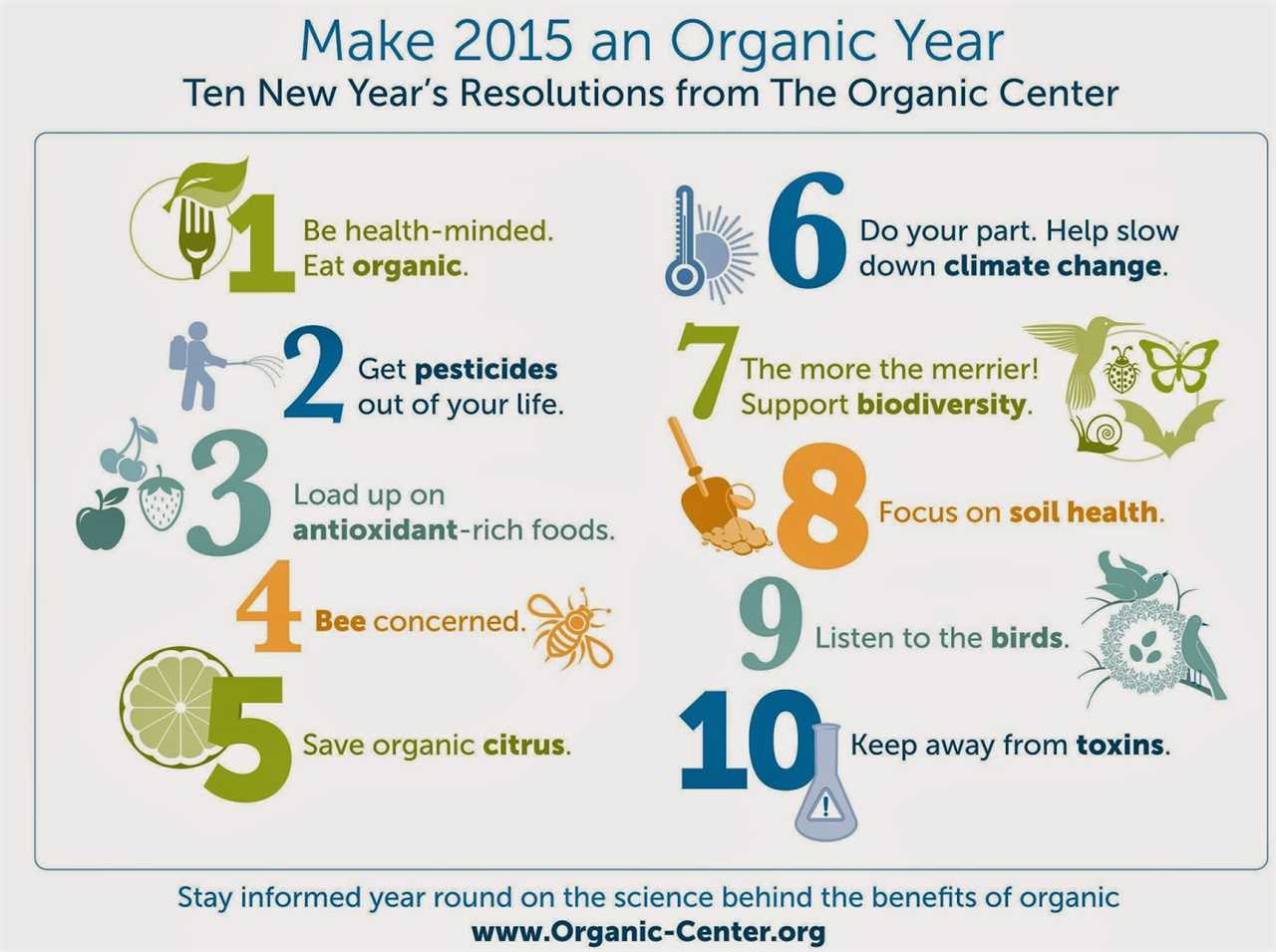 |
The Difference Between Organic Milk and Regular MilkOrganic milk is a type of milk that comes from livestock that is raised according to organic farming methods. This is a term that is regulated by.. |
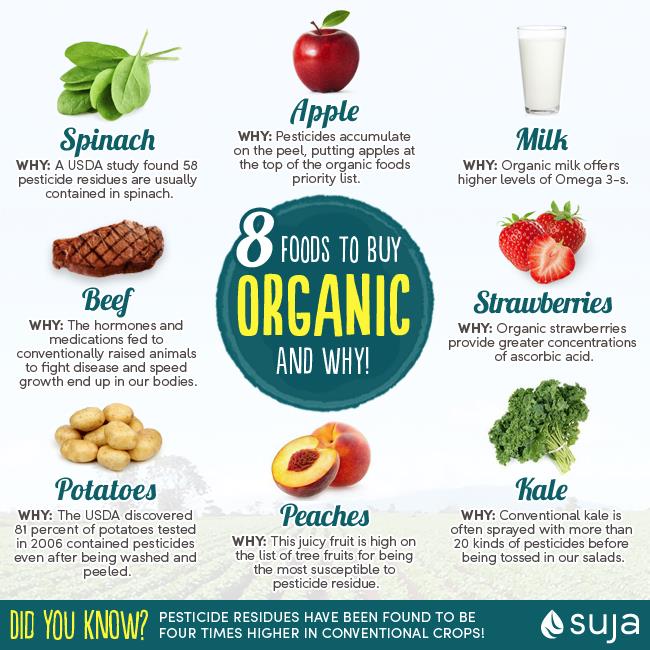 |
The Benefits of CompostingComposting your waste can be a very effective way of ensuring that your organic material is being broken down to the best of its ability. When.. |
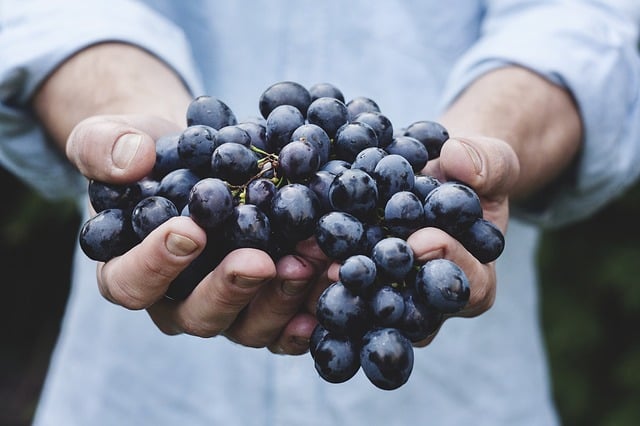 |
Is Organic Farming Beneficial to Biodiversity?Organic farming is a growing interest in the scientific community, and researchers have been investigating whether the practice is beneficial to.. |
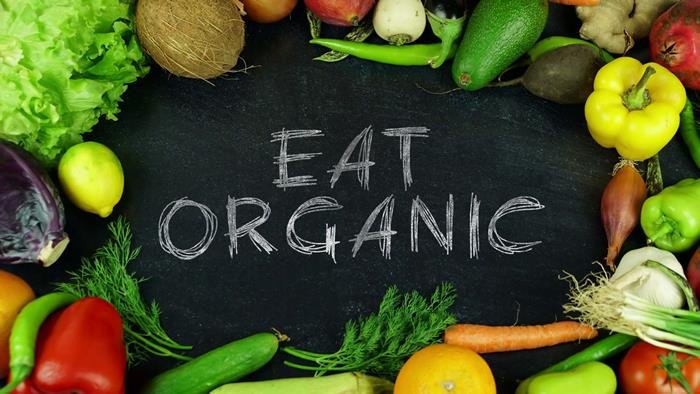 |
Organic eatingOrganic Cultur |
 |
What is Organic Cotton?Organic cotton is the type of cotton that is grown without using pesticides or chemicals. It is also the type of cotton that is grown in subtropical.. |
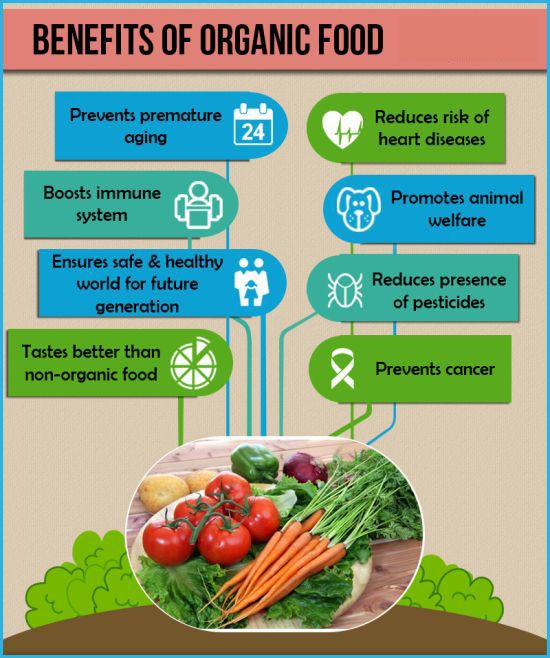 |
Benefits of Cover CropsIf you aren't familiar with cover crops, you may be surprised to learn that they are plants that are planted to grow on top of the soil to help.. |
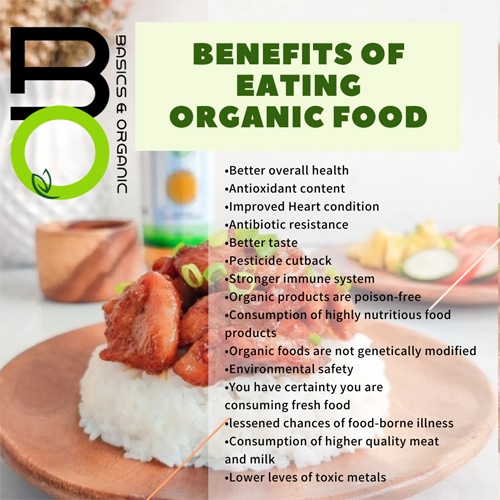 |
Learn How to Become an Organic Farmer Through a Training ProgramIf you are looking to become an organic farmer, there are several ways you can do so. One option is to take a training program that will teach you.. |
 |
Exotic VegetablesWhen it comes to vegetables, there are plenty of choices to choose from. Some of the most popular choices include broccoli, corn, carrots, and.. |
 |
The Benefits and Pitfalls of Organic Farming OrganizationsOrganic farming is an approach to farming that is not only ecologically sound, but also financially feasible. It is a method that is free from.. |
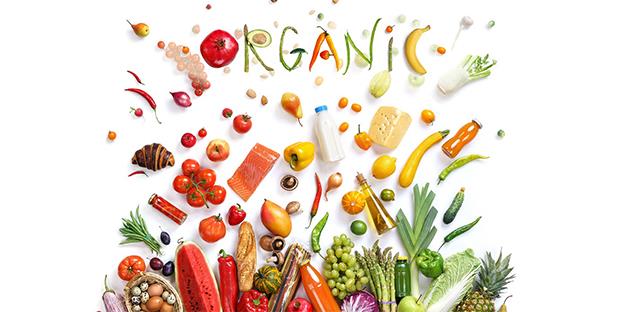 |
Soil Composition and BiodiversityThe soil that we have around us is a vital part of our lives. It is the home for many plants and animals. It also has a texture, a color, and many.. |
 |
Organic Farming PrinciplesOrganic farming is a practice that is designed to be sustainable and healthy. Its principles include avoiding harms produced by industrial farming.. |
 |
When Did Organic Food Start?The answer to the question when did organic food start? will vary depending on the time period in which you are looking at. For instance, it may be a |
 |
Can Organic Be GMO?The question Can organic be GMO is an ongoing debate among many consumers. While it's possible to eat foods that have been produced using genetic.. |
 |
Chhattisgarh's Organic Farming SchoolsThe government of Chhattisgarh has started to introduce organic farming schools. This initiative is intended to provide the young generation with the |
 |
What is a Conventional Farm?Conventional farm is the term used to describe a farm that is not organic. It is a form of agriculture that is associated with better soil quality,.. |
 |
The Rodale InstituteThe Rodale Institute is a nonprofit organization that aims to support research into organic farming. It was founded in 1947 by J. I. Rodale, an.. |
 |
The Latest Research on Organic | The Organic CenterResearched articles about eating Organic food |
 |
Korean GardeningKorean gardening is one of the oldest ways to grow plants. It involves planting herbs, fruits, and vegetables that are used in kimchi, a type of.. |
.png)





